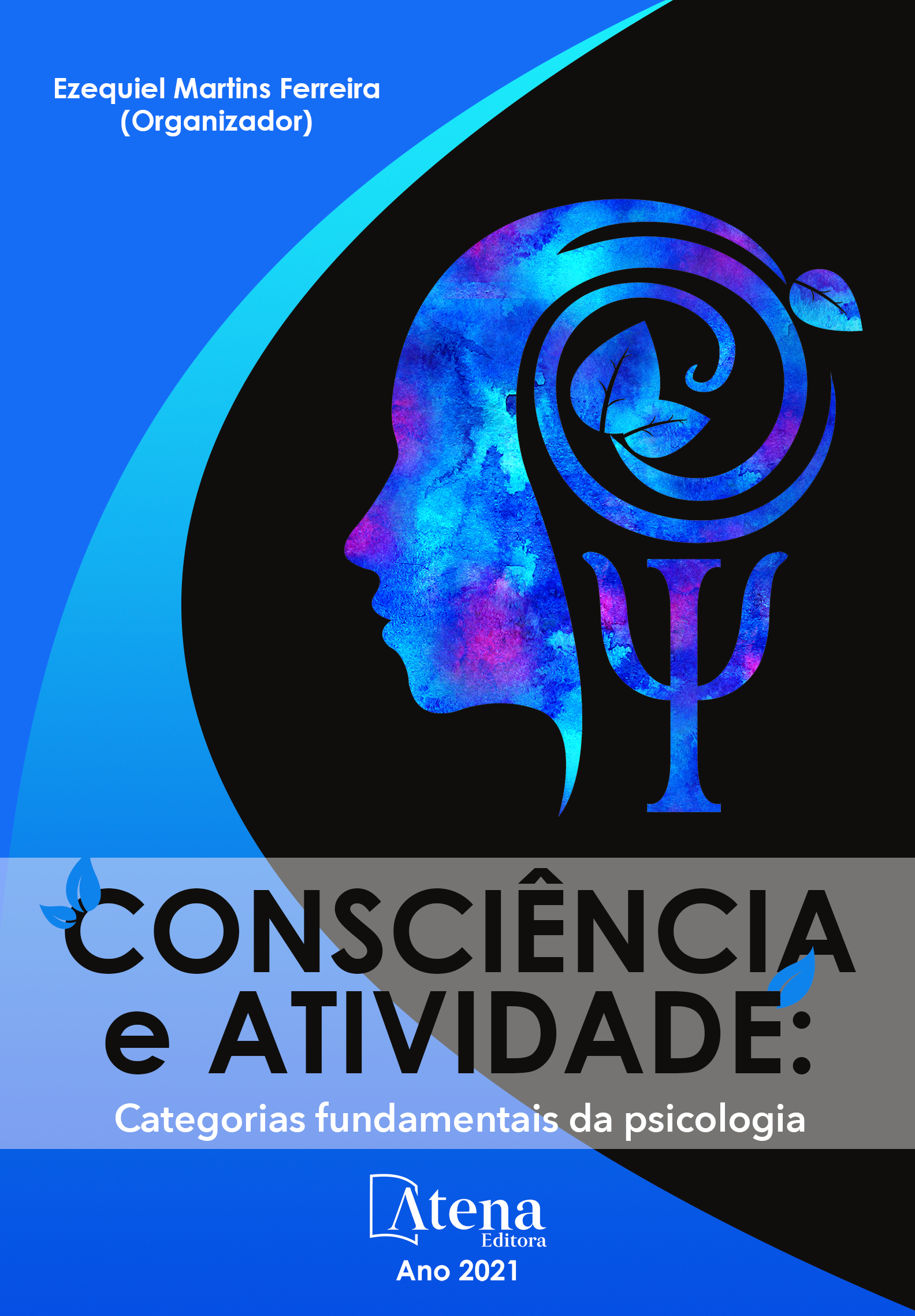
CONTRIBUIÇÕES NA INTERDISCIPLINARIDADE: UM RELATO DE EXPERIÊNCIA COM PRATICAS INTEGRATIVAS E COMPLEMENTARES EM PSICOLOGIA
As Práticas Integrativas e Complementares (PIC’s) são abordagens com o objetivo de promover, prevenir e recuperar a saúde, utilizando tecnologias eficazes e seguras, baseados na escuta acolhedora, no desenvolvimento do vínculo terapêutico, na integração do ser humano com o meio ambiente e a sociedade e na promoção do autocuidado (BRASIL, 2015). As PIC´S tornaram-se uma forma de opor-se ao modelo dominante de saúde, a partir da promoção mais apta a cuidar da totalidade humana e da diminuição de recursos financeiros (TELESI JÚNIOR, 2016). Este trabalho tem como objetivo explicitar como as práticas integrativas e complementares estão interligadas e contribuem para a prática psicológica. Baseado nas experiências junto ao estágio básico em Práticas Integrativas e Complementares do curso de psicologia, apresenta resultados de uma pesquisa qualitativa, alcançando 170 pessoas. Diante das atividades realizadas é possível considerar as contribuições das PIC´S para a prática psicológica, em virtude do olhar o sujeito e suas vivências, integrando a interdisciplinaridade do cuidado e autocuidado do outrem em suas relações, propiciando saúde mental diante de um novo paradigma de cuidado. As práticas integrativas e complementares configuram-se numa nova forma de olhar os processos vivenciais, considerando os limites individuais, suas subjetividades, histórias e reconhecendo a humanidade existente. Para a psicologia, complementa o olhar de cuidado sobre o outro, reconhecendo que a saúde mental está relacionada a contextos e aspectos que se integram e influenciam-se.
CONTRIBUIÇÕES NA INTERDISCIPLINARIDADE: UM RELATO DE EXPERIÊNCIA COM PRATICAS INTEGRATIVAS E COMPLEMENTARES EM PSICOLOGIA
-
DOI: 10.22533/at.ed.41521300616
-
Palavras-chave: Psicologia. PIC´s. Interdisciplinaridade. Saúde.
-
Keywords: Psychology. Pic's. Interdisciplinarity. Contributions.
-
Abstract:
Integrative and Complementary Practices (PIC's) are approaches that has the objective of promoting, preventing and recovering health, using effective and safe technologies, based on welcoming listening, on the development of the therapeutic bond, on the integration of the human being with the environment and society and in the promotion of self-care (BRASIL, 2015). Thus, PIC´S became a way of opposing the dominant model of health, from the promotion more apt to take care of the human totality and the reduction of financial resources (TELESI JÚNIOR, 2016). Therefore, this work aims to explain how the integrative and complementary practices are interconnected, can favor psychology and its contributions to psychological practice. Based on the experiences with the basic internship in Integrative and Complementary Practices of the psychology course, the referenced is a qualitative research, reaching 170 people. In view of the activities carried out, it is possible to consider the contributions of PIC´S in the face of psychological practice, due to the consummation of a new way of looking at the subject and their experiences, integrating the interdisciplinarity of care and self-care of others in their relationships. In addition, providing mental health in the face of a new care paradigm. Integrative and complementary practices are a new way of looking at living processes, considering individual limits, their subjectivities, histories and recognizing existing humanity. For psychology, it complements the look of care about the other, recognizing that mental health is related to contexts and aspects that integrate and influence each other.
-
Número de páginas: 7
- Eliana Maria Cunha de Castro
- Jennifer Renata Araujo Dinis


